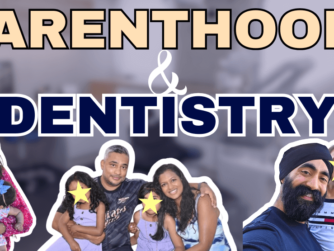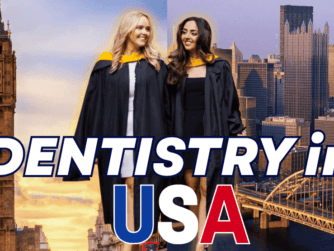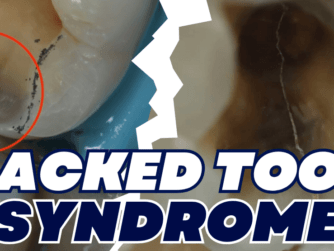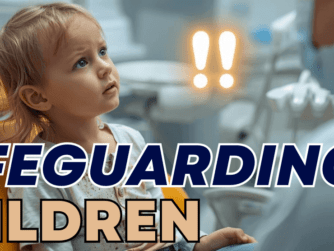Podcast: Play in new window | Download (Duration: 50:44 — 72.5MB)
As a Dentist, the first years are always the hardest. You have to adjust to unfamiliar situations and people constantly. A newbie’s nerves can lead to self-doubt and hesitation whilst navigating this steep learning curve. I brought on recently qualified Dr. Saeed Cheraghi to guide you through the first few years of the ‘University of Life’.
“You come out of Dental school thinking you know things and then you go into the real world and you realize you actually don’t know that much at all!” Dr. Saeed Cheraghi.
Highlights of this episode:
- 8:31 Indirect Dentistry experience
- 10:15 Challenges in terms of treatment phasing
- 12:17 Level of support being a newbie dentist
- 15:03 Dental training
- 18:07 Overcoming lack of experience
- 30:34 Worrying about litigations
- 35:05 Importance of Health
- 39:59 Lesson from experience
This episode is not eligible for CPD but you can check out other CPD-verified episodes on our Protrusive App on a web browser or you download the iOS App or the Android App.

This episode is brought to you by Enlighten Smiles, a premium brand of teeth whitening. They also run the Mini Smile Makeover Course – a composite course I really recommend.
If you liked this episode, you will love How to Win at Life and Succeed in Dentistry – Emotional Intelligence








[…] If you enjoyed this episode, you may also like Young Dentist Thrival Guide – First Few Years. […]